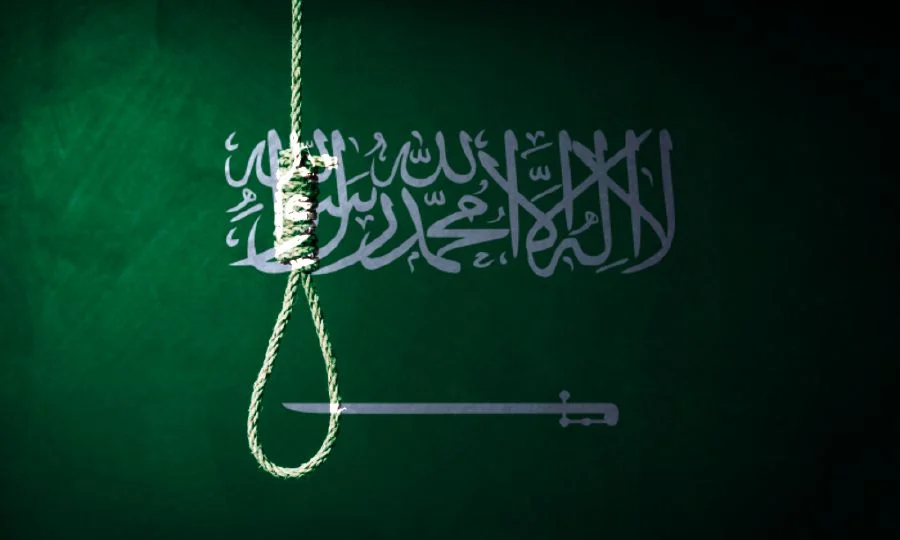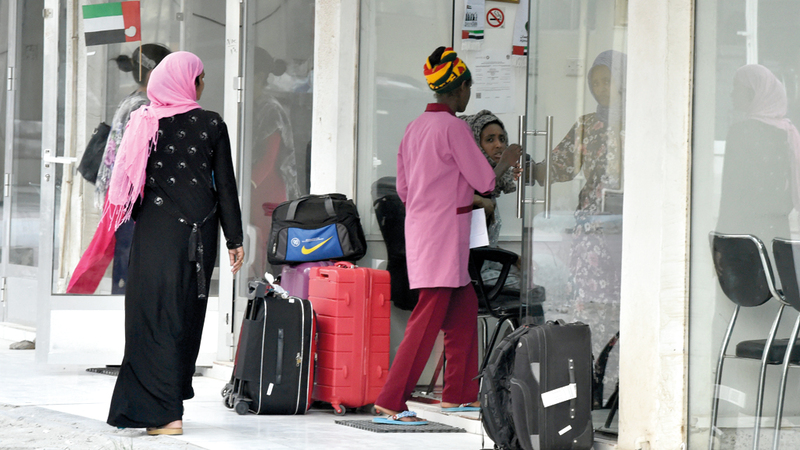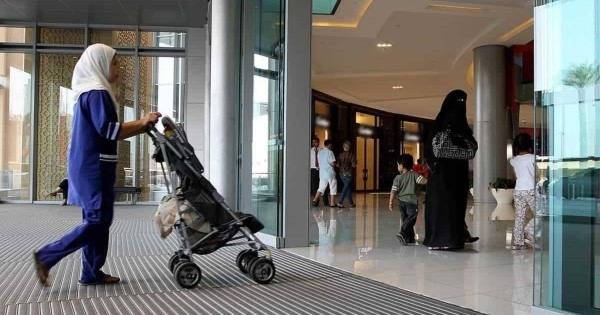Perhaps not-so-well-known, transnational repression constitutes a threat to human rights that has been going on for decades. The phenomenon, which entails governments reaching beyond their borders to silence or deter dissent by committing human rights abuses against their nationals or former nationals, has been extensively documented by Human Rights Watch. The 2018 murder and dismemberment[…]
In April 2024, the Court of Appeal in Saudi Arabia approved two death sentences for Yousif Al-Manasif and Ali Al-Mubaiouq, both Saudi nationals, who were accused of protest-related crimes allegedly committed as children. The two men were arrested between April 2017 and January 2018 for protesting against the government and ‘betraying the homeland’, a time[…]
Indian women migrant workers in the Middle East and North Africa (MENA) region are expected to reach 6 million in 2-3 years. Due to the loosening of labour restrictions regarding women in the region, for example, the removal of restrictions on work during night hours, there has already been a 23% growth in demand for[…]
Saudi Arabia faces complexities of informal domestic work, a sector marked by vulnerabilities and abuses. Despite some efforts towards regulation, the issue of domestic workers in the kingdom remains a pressing concern. While Decision No. 310/1434 of 2013 extended certain protections to this marginalized workforce, significant gaps persisted, leaving workers exposed to exploitation. Under the[…]
Aramco, a leading energy and chemicals Saudi public company, has signed a four-year global partnership with the International Association Football Federation (FIFA). The company will become FIFA’s Major Worldwide Partner exclusive in the energy category, with sponsorship rights for multiple events including the highly anticipated FIFA World Cup 26 and FIFA Women’s World Cup 2027.[…]









